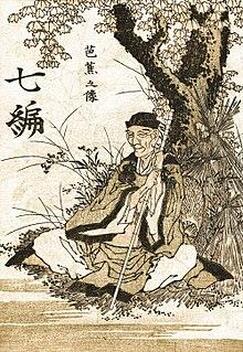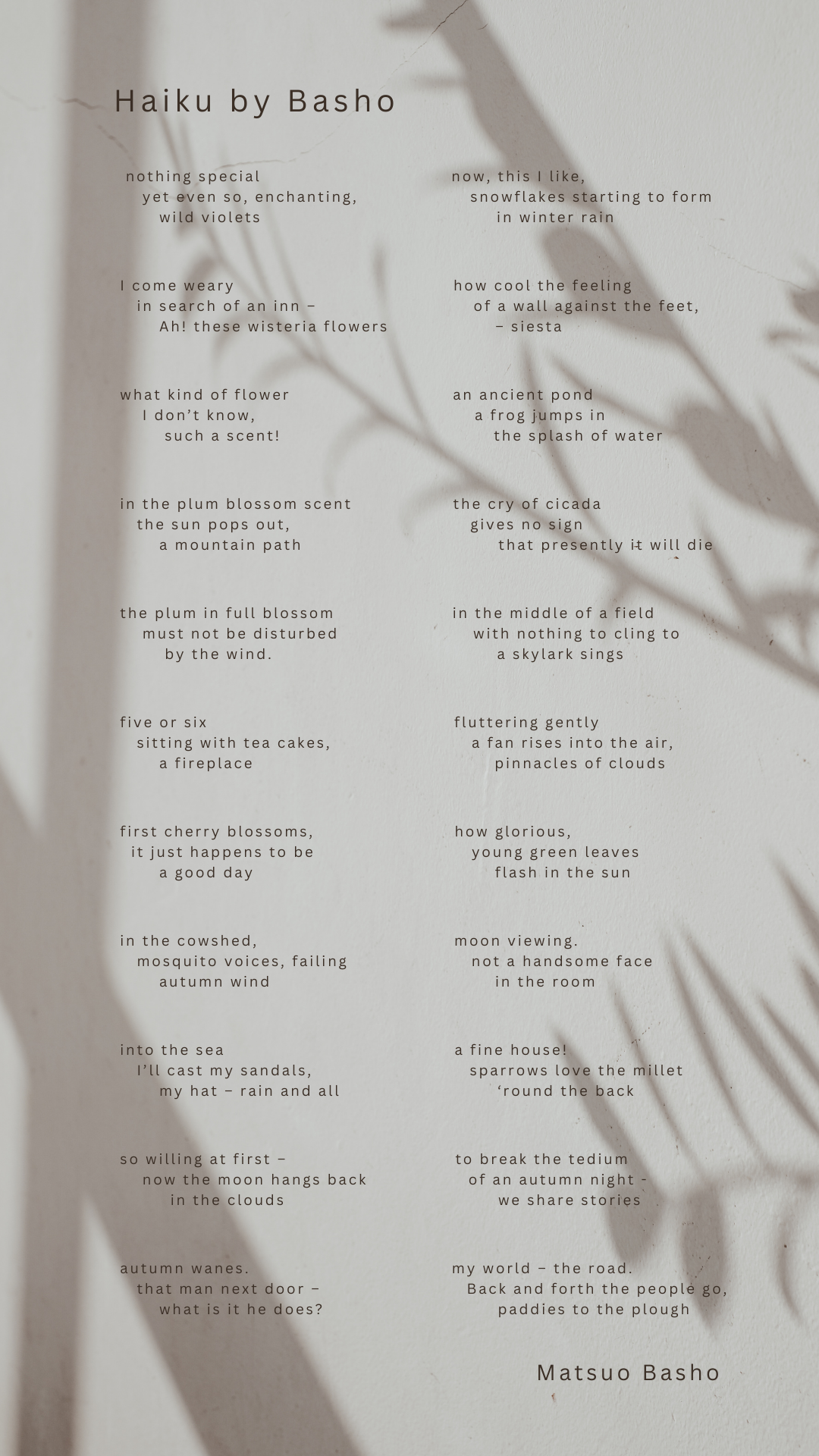Writings for Peace
|
Bringing you poetry and prose from around the world to reflect the broader humanitarian mission of Peace Partners. It is our hope to provide a safe space for compassion, empathy, and insight into our shared want for a more peaceful society. Here we showcase work from familiar names and those too-long overlooked by history, as well as the new and emerging voices of today.
|



 RSS Feed
RSS Feed